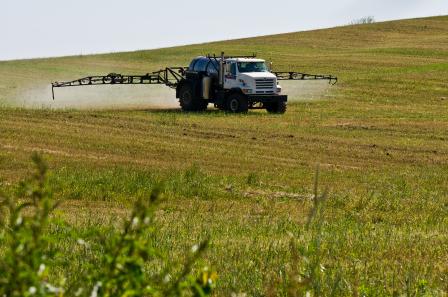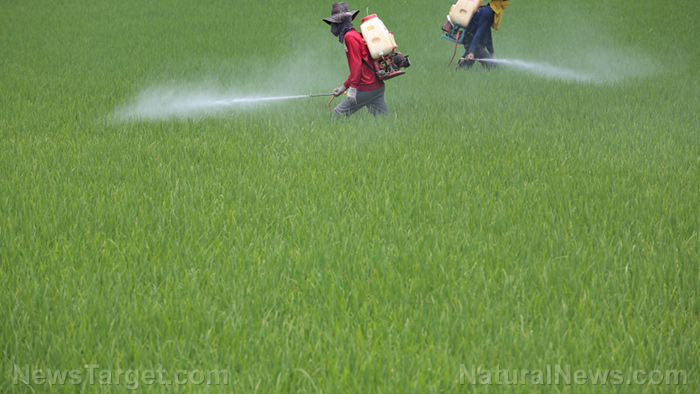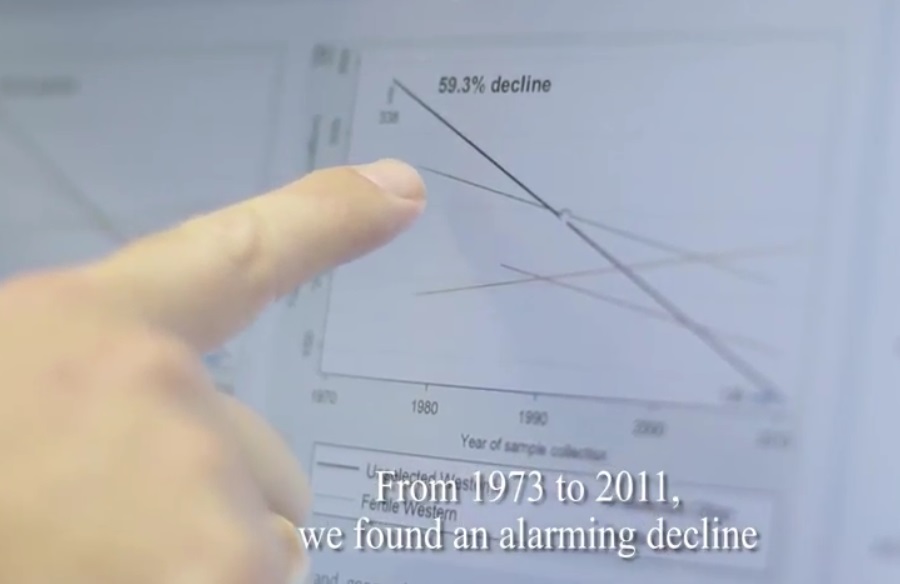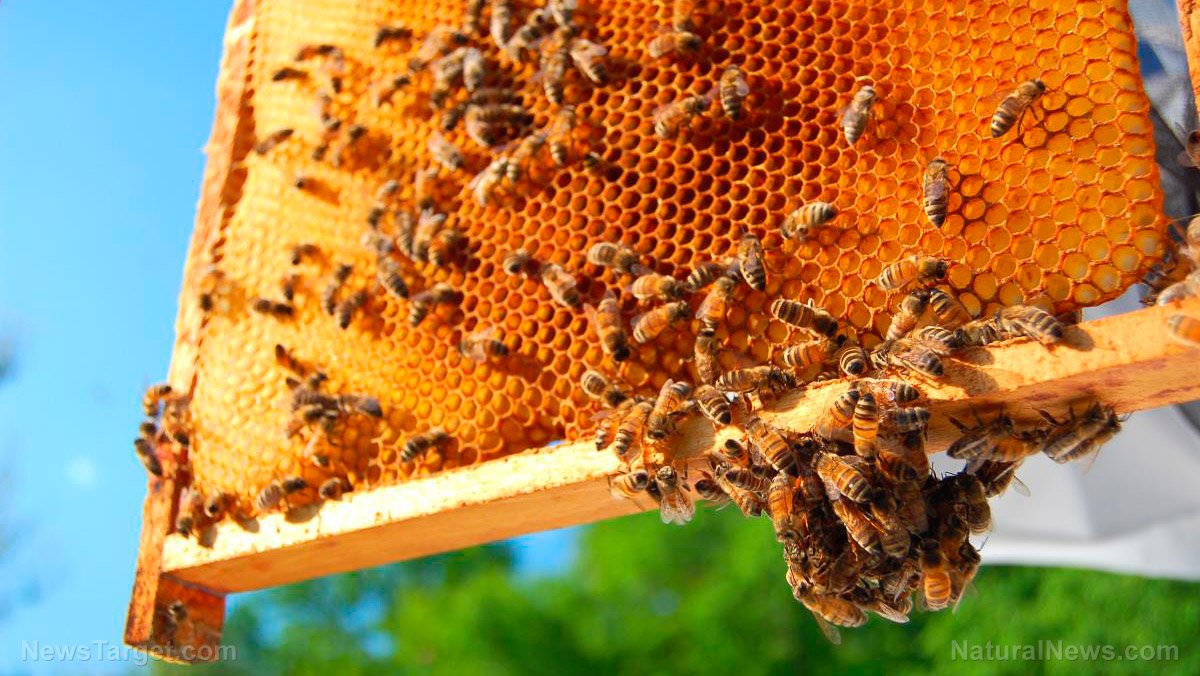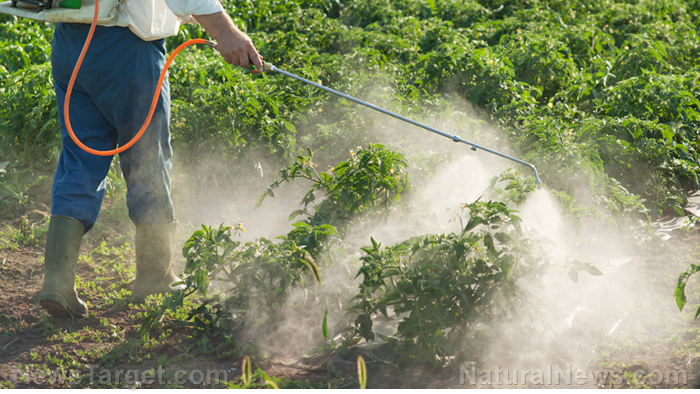New U.N. report reveals pesticides NOT needed to feed the world
03/14/2017 / By Vicki Batts

Pesticides and herbicides have infiltrated the world’s food supply at an alarming rate. Each year, over one billion tons of pesticides are used in the United States alone. Worldwide, that number reaches over 5 billion tons annually. And in many ways, pesticides are more harmful to the food supply and the environment than the pests they are designed to kill. Look no further than the declining bee populations if you want evidence of that; bees are essential for pollination for many types of crops and plants, yet the penchant for pesticides is killing them off in droves.
One of the most common myths perpetuated by the agrochemical industry is that these harmful chemicals are essential for feeding the world’s population — but are these altruistic claims founded in reality, or are these assertions of a more sinister, profit-driven variety? A new report from the United Nations suggests that the necessity of pesticides for ceasing world hunger is, at best, nonexistent.
Hilal Elver, the U.N.’s special rapporteur on the right to food boldly declared, “It is a myth. Using more pesticides has nothing to do with getting rid of hunger. According to the U.N. Food and Agriculture Organisation (FAO), we are able to feed 9 billion people today. Production is definitely increasing, but the problem is poverty, inequality, and distribution.”
Food and pollution experts of the U.N. have grown to be very critical of the massive corporations that produce pesticides and herbicides and are also actively seeking to change the landscape of agriculture in their favor, by creating a dependency on their products. (RELATED: Follow more news on pesticides at Pesticides.news)
The report from the U.N. even dares to accuse these global conglomerates of “systematic denial of harms,” “unethical marketing tactics” and extensive lobbying of different governments that has “obstructed reforms and paralysed global pesticide restrictions.”
According to the U.N.’s landmark report, at least 200,000 deaths per year are related to pesticides — and that number is just for humans. The effects of pesticides on human health, environment, and society as a whole are described as “catastrophic,” and the report’s authors proclaim, “It is time to create a global process to transition toward safer and healthier food and agricultural production.”
As the world’s human population is expected to rise to 9 billion by the year 2050, the pesticide industry continues to argue that their products are somehow essential to ensuring there will be enough food. However, as Elver points out, the overwhelming majority of the $50 billion-a-year industry’s products are used on commodity crops, such as those for palm oil — and not crops that actually feed people.
“The corporations are not dealing with world hunger, they are dealing with more agricultural activity on large scales,” Elver explained.
The report’s co-author, Baskut Tuncak — the U.N.’s special rapporteur on toxins — notes that scientific research has confirmed the adverse effects of pesticides, even though proving a definitive link between the chemicals and human disease or harm to ecosystems has been challenging. Tuncak says this challenge is exacerbated by “systematic denial,” which is promulgated by the agriculture and pesticide industries. The expert says that the agrochemical business not only plays down the damage meted out by their products, but engages in “aggressive, unethical marketing practices.” Surely, no one is surprised by this allegation.
Elver has also acknowledged that these companies often exert power over governments, as well as the scientific community. The EPA, for example, has admitted that pesticides are killing bees, but still refuses to restrict their usage. She commented, “If you want to deal with pesticides, you have to deal with the companies – that is why [we use] these harsh words. They will say, of course, it is not true, but also out there is the testimony of the people.”
Elver and Tuncak’s report notes that pesticide use has been linked to a number of diseases and conditions, including Alzheimer’s and Parkinson’s disease, cancer, hormone disruption, sterility, and developmental disorders. Their report recommends that there be a move towards a global treaty on pesticide use, and that a switch towards more natural farming methods — including crop rotation and use of natural pest suppressants — take place. The team also suggested that cultivation of organically produced food should be incentivized.
Overall, this new report is not likely to make tremendous waves, but will hopefully inspire more people to question the necessity and safety of pesticides — and perhaps a turn towards more sustainable farming.
Sources:
Tagged Under: UN, world hunger


